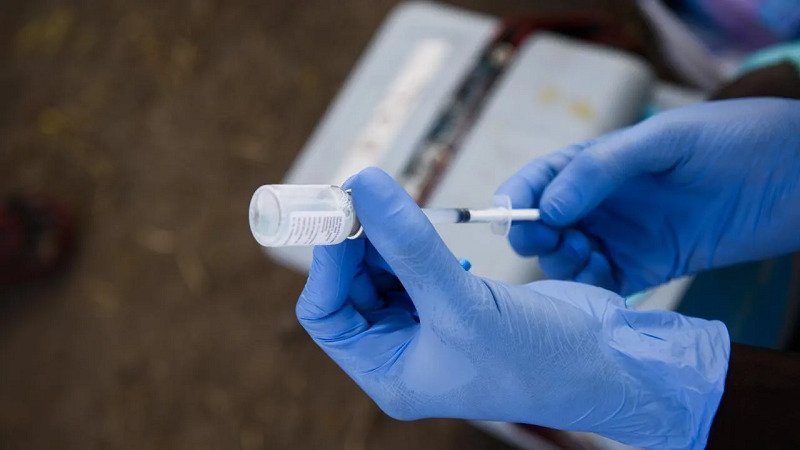Understanding Covid 19 Treatment
Covid 19 treatment refers to the medical management of the symptoms and complications caused by the novel coronavirus. While a specific cure for Covid 19 is not yet available, various approaches are used to support recovery and manage the disease effectively.
In this article, we will explore different treatment options, preventive measures, and support available for individuals affected by Covid 19.
Symptoms of Covid 19
The symptoms of Covid 19 can vary widely among individuals. Common symptoms include:
- Fever
- Cough
- Shortness of breath
- Fatigue
- Loss of taste or smell
- Muscle aches
- Sore throat
- Gastrointestinal issues
In severe cases, Covid 19 can lead to complications such as pneumonia, acute respiratory distress syndrome (ARDS), or multi-organ failure.
Covid 19 Treatment Options
1. Symptomatic Treatment
Most individuals recover from Covid 19 with supportive care to manage symptoms. This includes:
- Rest: Adequate rest is essential for recovery.
- Hydration: Staying well-hydrated helps maintain overall health and supports immune function.
- Fever Management: Medications like paracetamol or ibuprofen are used to manage fever and discomfort.
2. Hospitalization and Severe Cases
For those with severe symptoms or underlying health conditions, hospitalization may be necessary. Treatment may include:
- Oxygen Therapy: To support breathing if oxygen levels drop.
- Ventilation: In extreme cases, mechanical ventilation may be required.
- Antiviral Medications: Some antiviral drugs are used to manage severe cases of Covid 19.
3. Experimental and Emerging Treatments
Researchers are continuously working on new treatments for Covid 19. Some of these include:
- Monoclonal Antibodies: Lab-created proteins that help fight the virus.
- Remdesivir: An antiviral medication that has shown effectiveness in early stages of the disease.
- Steroids: Used to reduce inflammation in severe cases.
Preventive Measures and Support
Preventing the spread of Covid 19 remains a critical aspect of managing the disease. Vaccination plays a vital role, alongside the following preventive measures:
- Mask-Wearing: Wearing masks reduces the risk of transmission.
- Social Distancing: Keeping a safe distance from others helps minimize the spread.
- Hand Hygiene: Regular washing or sanitizing hands helps maintain hygiene.
- Vaccination: Boost immunity by getting vaccinated against Covid 19.
Support systems are crucial for recovery. This includes emotional and mental health support, especially for those in isolation or recovery.
The Role of Healthcare Providers in Covid 19 Treatment
Healthcare professionals are on the front lines, providing medical care and guiding patients through their recovery process. From testing and diagnosis to treatment and follow-up, healthcare providers play a pivotal role in managing Covid 19.
Post-Recovery and Long-Term Effects
Many individuals experience post-Covid symptoms, often referred to as “long Covid.” These may include fatigue, shortness of breath, and persistent cough. Ongoing medical care and rehabilitation can help manage these effects effectively.
Latest Research and Developments
As the understanding of Covid 19 continues to evolve, research is ongoing for new treatments and vaccine developments. It is essential to stay updated with reliable sources and healthcare providers for the latest information.
Where to Get Support
For comprehensive Covid 19 treatment and support, visit Keywest Internationale. They offer resources, advanced medical equipment, and expert guidance for managing Covid 19 effectively.
Conclusion
While Covid 19 treatment continues to evolve, early diagnosis, symptomatic management, and preventive measures are critical for effective management. Whether you are recovering from mild symptoms or require hospitalization, support systems and healthcare professionals are essential for a successful recovery.
Stay informed and ensure your safety by following the latest health guidelines and reaching out to trusted medical providers like Keywest Internationale.

